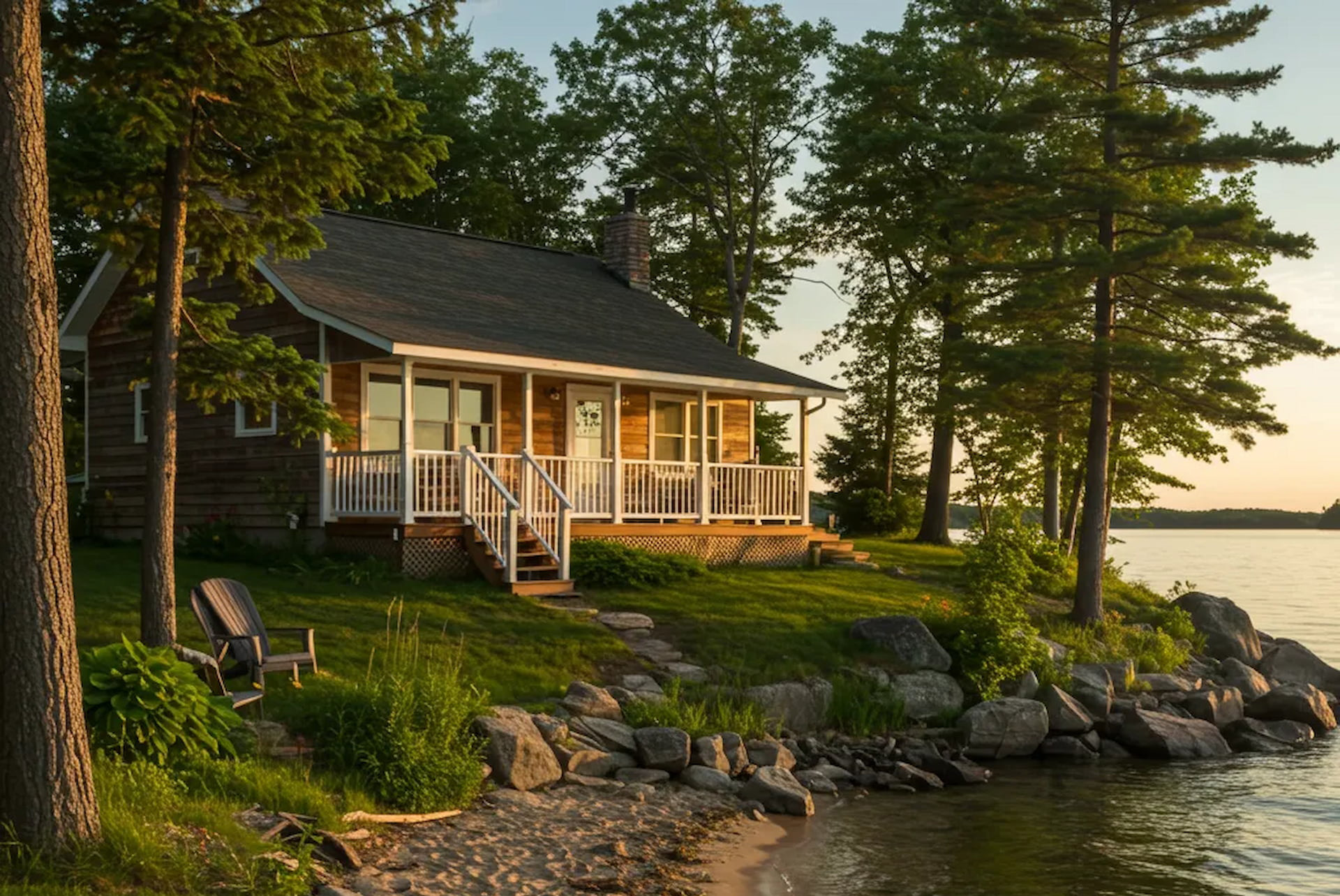

Question: Can You Call a House a Cottage?
Answer: While “cottage” evokes a small, cozy dwelling, sometimes used interchangeably with “house,” a house isn’t always a cottage. Cottages generally imply quaintness, smaller size, and often a rural or vacation setting.
Understanding the Difference Between a House and a Cottage
Many people use the terms “house” and “cottage” interchangeably. However, legal and real estate contexts require a clearer distinction. This post explores the question, “Can you call a house a cottage?” We will examine the characteristics of each dwelling type, consider common misconceptions, and explain the implications for real estate transactions. Whether you are buying, selling, or simply curious, understanding these differences is important for navigating the housing market with confidence.
Key Defining Features
Houses typically serve as primary residences. They offer year-round comfort and often feature amenities like central heating and insulation for winter living. Houses vary greatly in size and style, from single-family homes to townhouses.
Cottages, conversely, often suggest a smaller, more rustic dwelling. They may lack full insulation or other amenities needed for comfortable year-round living. Many people associate cottages with recreational properties used primarily during warmer months. Location also plays a role; cottages frequently stand near water bodies like lakes or rivers.
Click here for more about local Orangeville real estate agents
Related Article: Is Cottage Rental Income Taxable?
Related Article: What Makes a Cottage a Cottage and Not a House?
Legal and Municipal Classifications
Legally, the terms “house” and “cottage” don’t have strict definitions in real estate law. Municipalities use property assessments to classify dwellings for tax purposes. These assessments consider factors like size, location, and intended use. A property’s official classification determines property taxes and eligibility for certain programs.
Building codes and zoning bylaws further regulate construction and permitted uses of properties. These regulations often differ for residential and recreational properties, influencing allowable building sizes, setbacks, and sewage disposal systems. Understanding local regulations is crucial when buying or renovating a property, whether you call it a house or a cottage.
The Impact on Insurance
Insuring a cottage differs from insuring a house. Insurance companies consider occupancy, location, and construction when calculating premiums. Seasonal or vacant properties usually carry higher insurance rates due to increased risks like vandalism or weather damage.
Insurers offer specific cottage insurance policies that address these unique risks. These policies typically cover risks associated with waterfront locations, like flooding, and account for periods of vacancy. Homeowners should always disclose the property’s accurate usage to their insurer to ensure adequate coverage.
Marketing and Perception
Real estate agents play a role in how properties get presented to buyers. While legal definitions might lack clarity, marketing materials often emphasize either “house” or “cottage” to target specific demographics. Describing a property as a “charming cottage” evokes images of relaxation and waterfront living, while advertising a “family home” emphasizes practicality and year-round comfort.
Ultimately, buyer perception heavily influences property value. The emotional connection buyers feel towards a property, whether they see it as a cozy cottage escape or a permanent family residence, greatly affects their willingness to invest.
Conclusion: So, Can You Call a House a Cottage?
While the terms often get used interchangeably in casual conversation, distinctions between “house” and “cottage” exist, especially in real estate, legal, and insurance contexts. Factors like size, amenities, location, and intended use play a role in how a property gets classified and marketed. Municipal assessments, building codes, and insurance policies further reinforce these distinctions.
When buying or selling a property, understanding these nuances is essential. Clearly defining a property ensures that you comply with regulations, secure appropriate insurance coverage, and effectively target the right buyers or sellers. Whether you seek a year-round residence or a seasonal retreat, careful consideration of these factors will lead you to the perfect property, regardless of what you call it.
By understanding the key differences, buyers and sellers can make informed decisions. Whether you prefer the charm of a cottage or the practicality of a house, aligning your expectations with the property’s characteristics is key to a successful real estate experience. This careful consideration ensures satisfaction and minimizes potential issues down the road.


